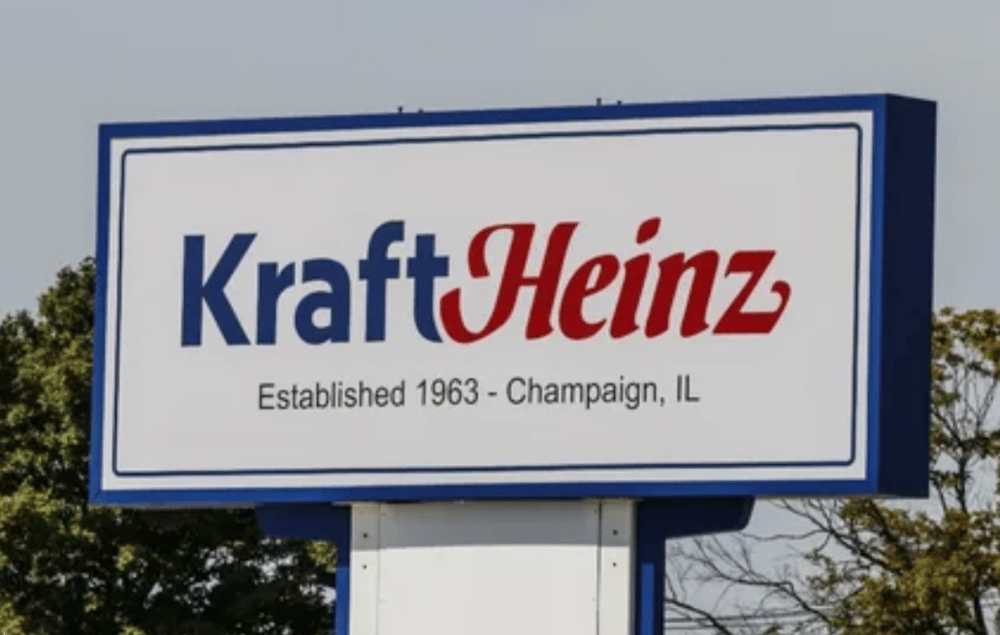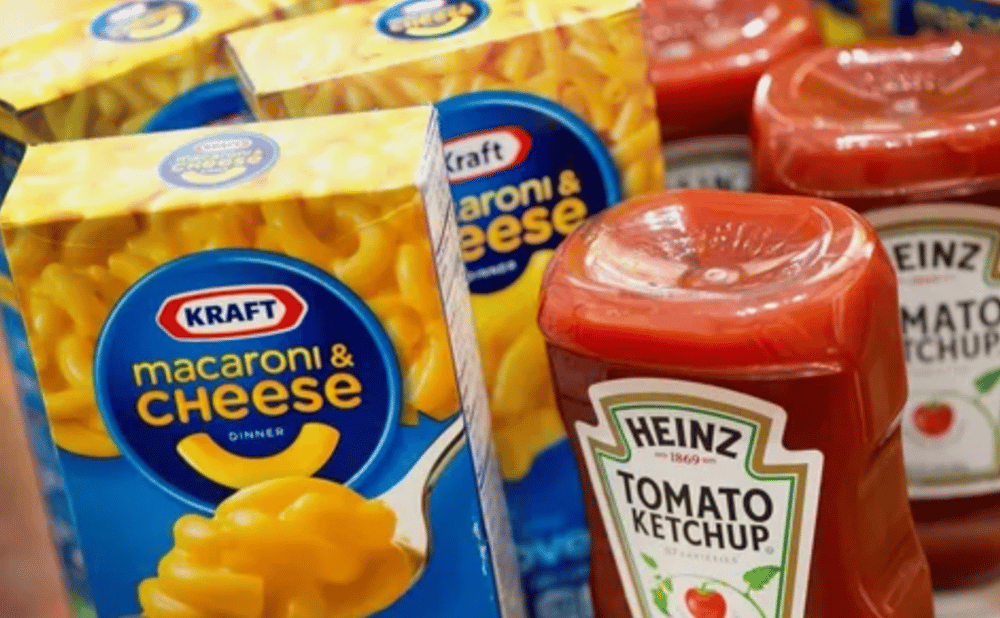

The packaged food industry is under renewed pressure as Kraft Heinz Co. $KHC slashed its full-year forecast for both organic sales and profit. Rising prices and economic headwinds linked to recent U.S. tariffs have dampened consumer appetite for snacks and meal kits—once considered reliable growth segments.
This move underscores a broader trend among major food manufacturers, including Conagra Brands $CAG and General Mills $GIS, which have struggled to revive U.S. sales despite strategic pricing and promotional efforts.
Kraft Heinz’s lowered projections reflect deeper issues facing the packaged food sector. While inflation had previously driven up prices and temporarily boosted revenue, the persistence of high costs is now eroding volume as consumers shift toward private-label alternatives and limit discretionary food purchases.
The recent tariff escalation has only added complexity, increasing raw material and logistics costs just as shoppers are becoming more price-sensitive.
The industry’s sluggish performance is the result of a multifaceted set of challenges:
Tariff-Driven Input Cost Surges
Tariffs on packaging materials and imported ingredients have significantly raised production costs.
Demand Erosion for Premium Convenience
Pre-packaged snacks and meal kits—often carrying premium pricing—are seeing a decline in appeal amid tighter household budgets.
Inelastic Volume Response to Price Cuts
Despite targeted discounts and increased marketing, sales volumes have not meaningfully rebounded.
Retailer Pushback and Inventory Rationalization
Major retail chains are pressuring suppliers to keep costs down and streamlining product assortments, reducing shelf space for branded packaged goods.
Promotional Inefficiency
Aggressive marketing campaigns have yet to translate into sustainable consumer engagement or loyalty.

As legacy food companies adjust to a constrained environment, differentiation through innovation and cost discipline is becoming more critical than ever.
Conagra has struggled to maintain momentum in its frozen foods and snacks portfolio, despite a targeted focus on plant-based innovation.
General Mills is facing similar headwinds in U.S. retail, with declines in cereal and snack bar categories despite stepped-up promotions.
Kraft Heinz, which once hoped for a demand rebound via product bundling and marketing, now faces the reality of a cautious consumer base and elevated operational costs.
With no immediate resolution to tariff-related inflation in sight, food manufacturers are facing a slow recalibration of expectations. Cost-cutting initiatives, supply chain localization, and selective SKU reductions are becoming standard responses.
The outlook for the remainder of the year remains clouded by macroeconomic uncertainty. Until pricing stabilizes and consumer sentiment improves, the sector is expected to tread carefully.
Innovative investment tactics are forging pathways that could lead to significant tech breakthroughs